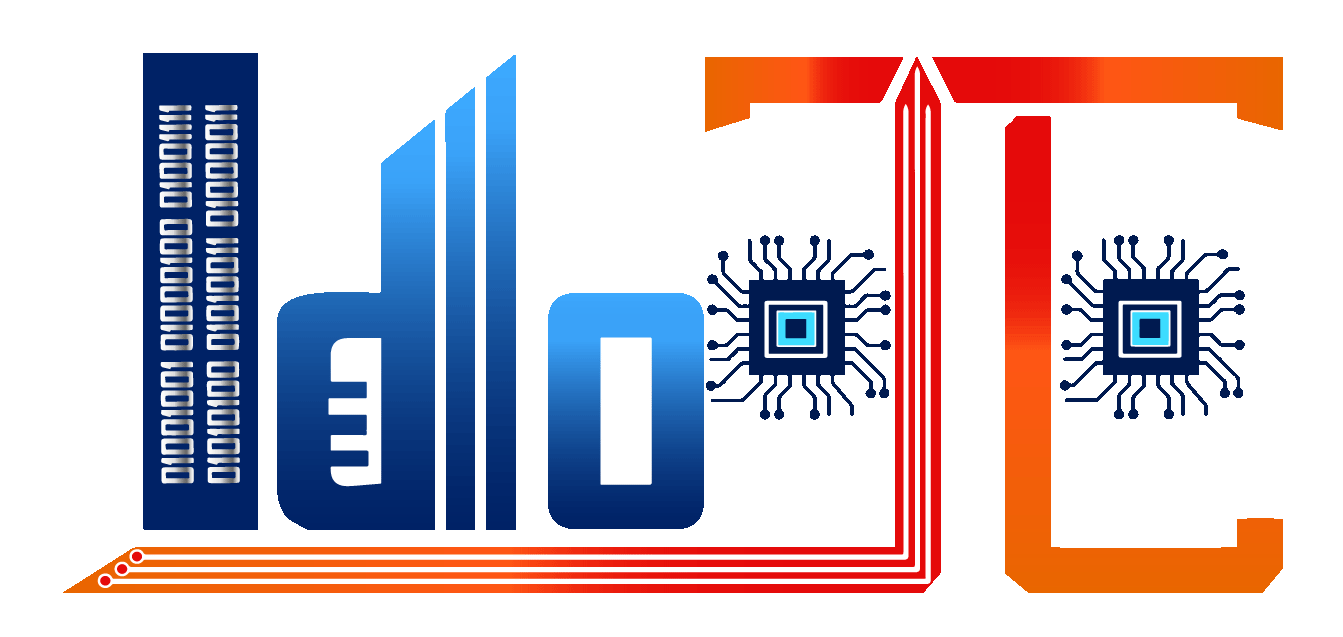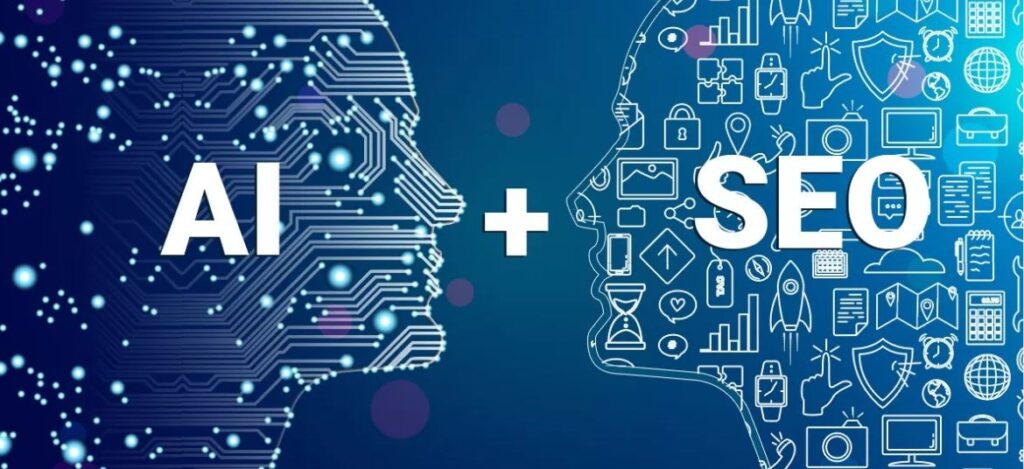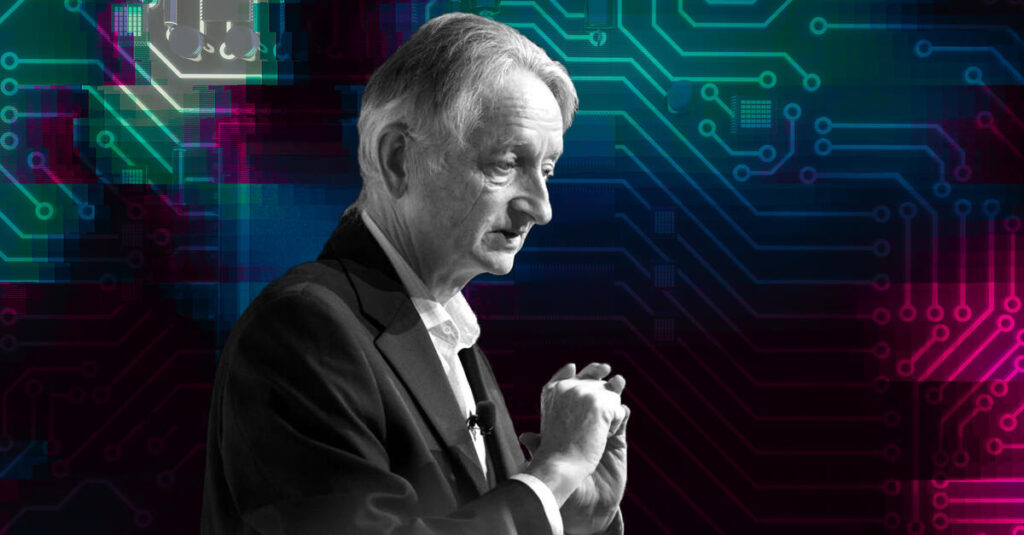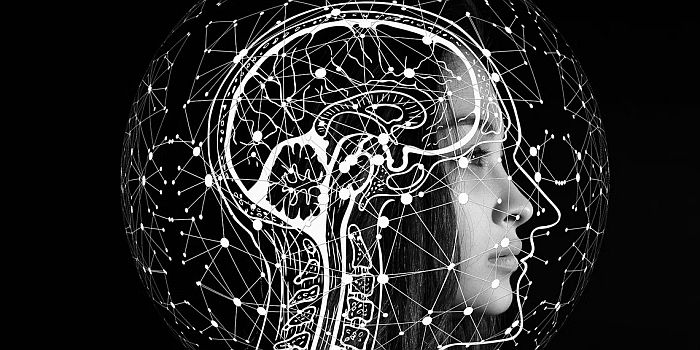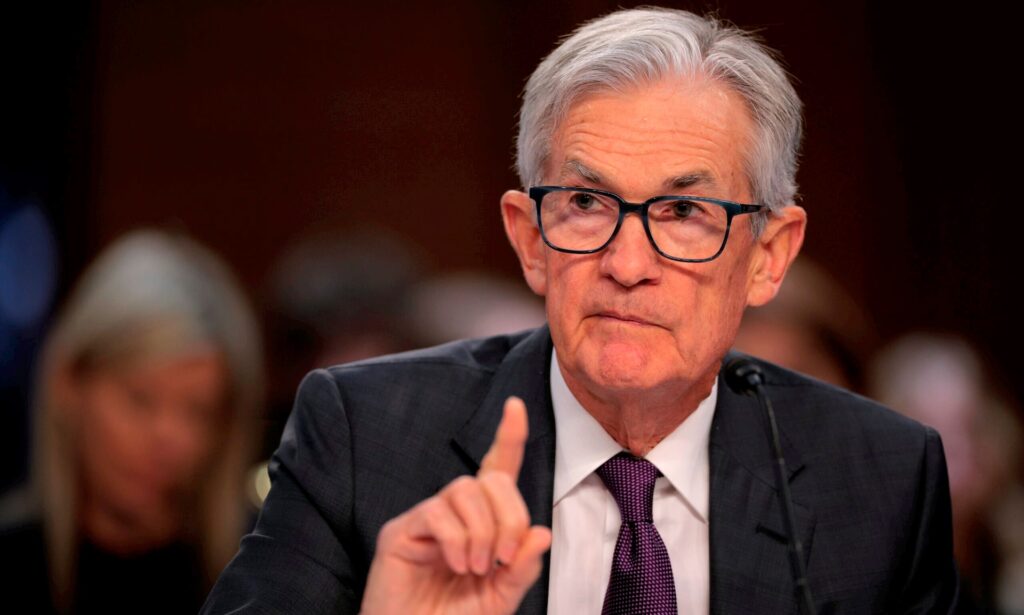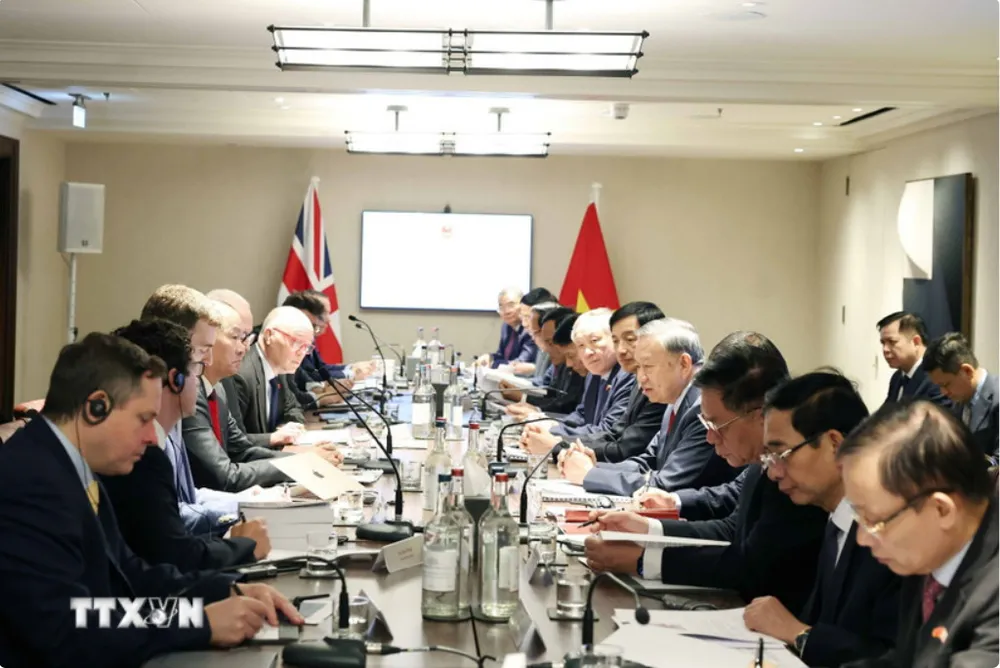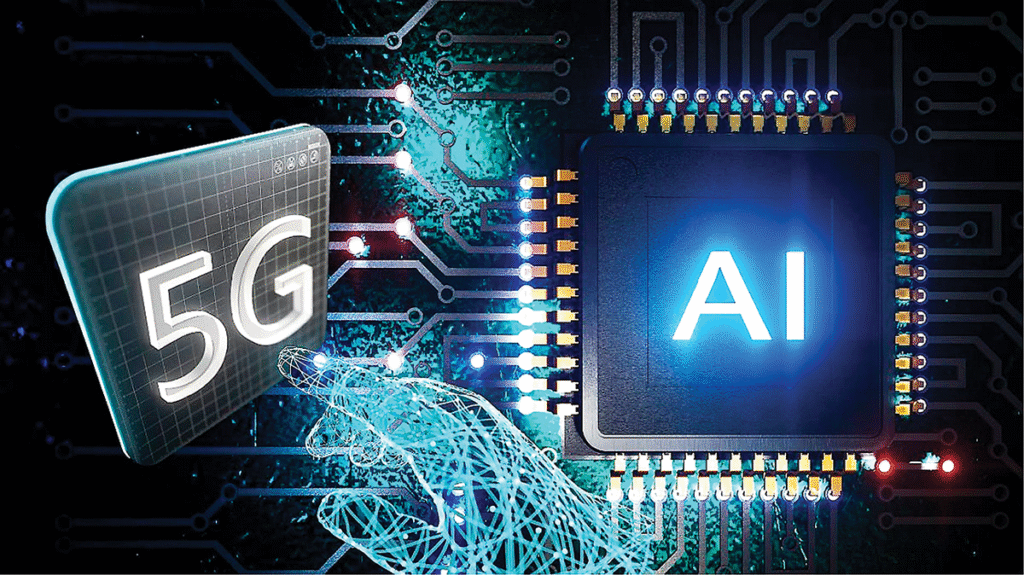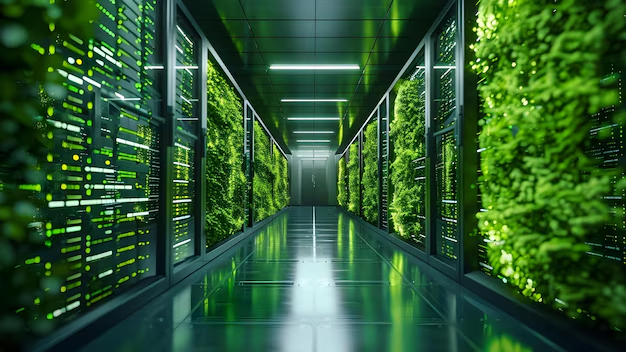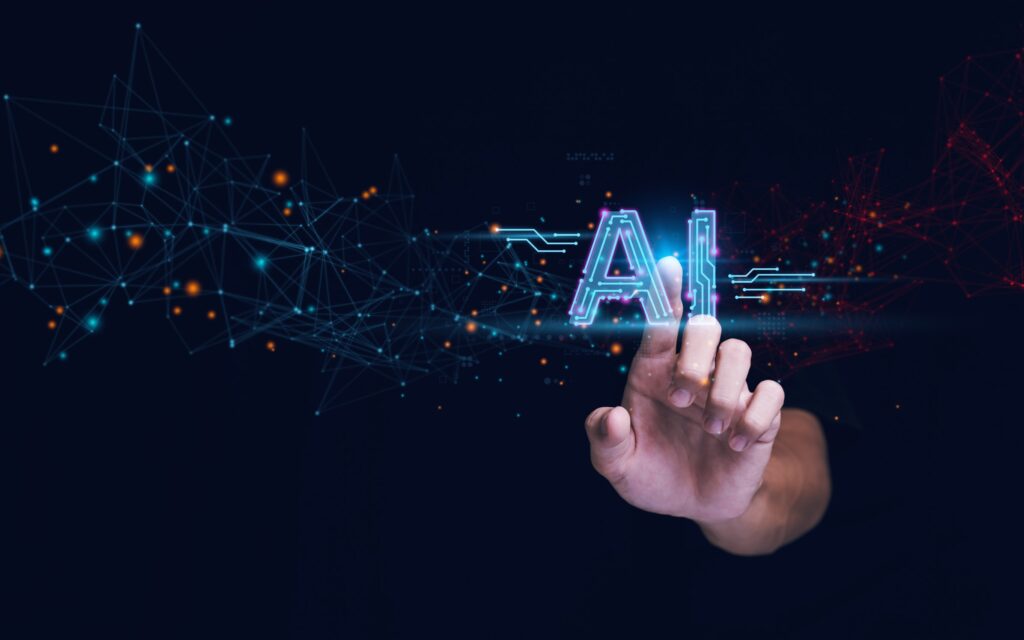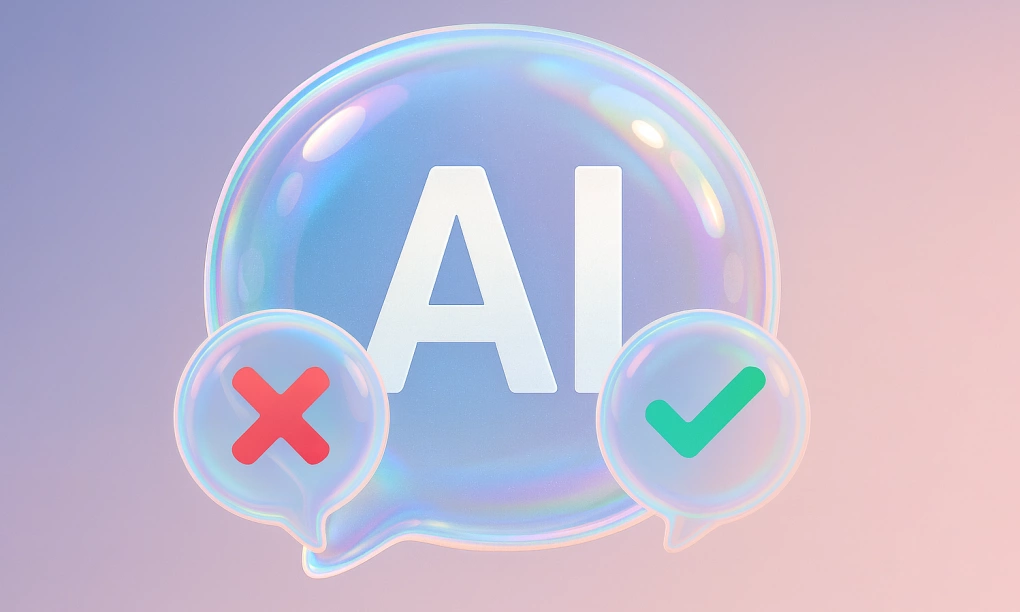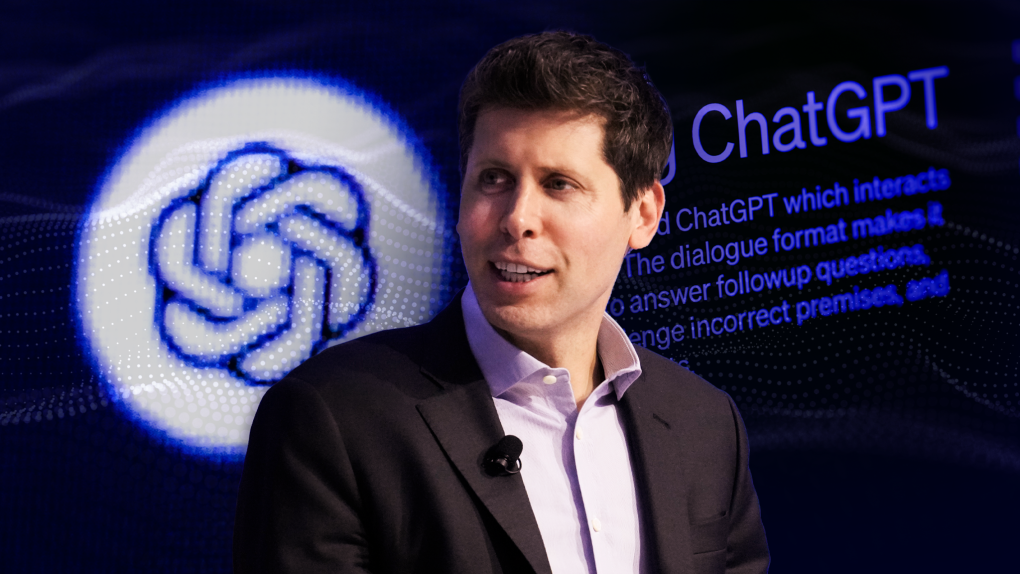Following Mark Zuckerberg and Sam Altman, More International Experts Warn of “AI Bubble”
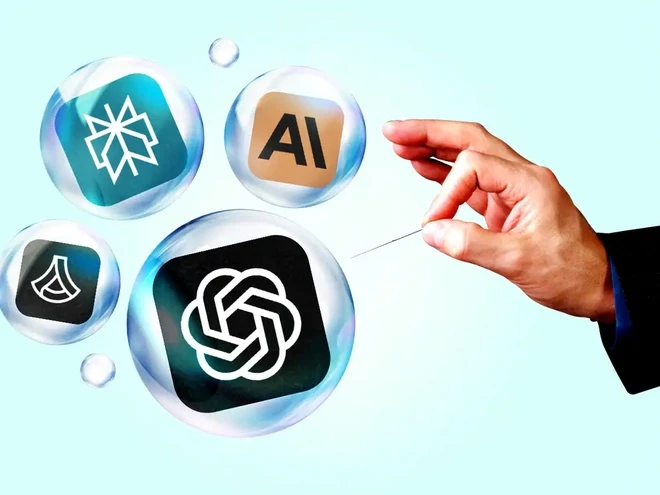
The warnings about an “AI bubble” are no longer just a concern for top tech executives like Mark Zuckerberg or Sam Altman. Recently, several economic and market analysts have also spoken out, suggesting that the current AI frenzy poses a financial risk, which could even cause greater damage than the dot-com bubble of 2000.
According to economist Torsten Slok from Apollo Global Management, the stock prices of AI companies are excessively inflated, surpassing the valuations of internet companies in the late 90s. He argues that most of the current stock market growth comes from “hot” tech stocks fueled by AI, but this doesn’t accurately reflect their true profit-generating capabilities. Alongside him, experts like Joe Tsai (Alibaba) and Ray Dalio (Bridgewater Associates) have also expressed concerns about the pace of data center construction and the capital flowing into the industry.
These concerns are supported by an MIT study (August 2025) which found that 95% of AI pilot projects do not yield a return on investment, despite tens of billions of dollars being poured into them. This highlights a significant gap between investor expectations and the reality of technology implementation.
Contrasting Views of Leaders and Experts
While acknowledging the possibility of an “AI bubble,” industry leaders still hold different views on how to approach it.
Mark Zuckerberg: The Meta CEO agrees that the AI wave is creating a “bubble.” However, he believes the bigger danger for Meta is “not being bold enough.” He is willing to risk hundreds of billions of dollars to invest in superintelligence infrastructure, believing that if Meta is slow in this race, it will miss the greatest opportunity in its history. According to him, bubbles often leave behind valuable infrastructure assets, and Meta is building a solid foundation for the future.
Sam Altman: The OpenAI CEO also admits to the “over-excitement” of investors. He suggests that smart people often get “too excited about a kernel of truth” when a bubble forms. However, he also emphasizes that AI is one of the most significant things to happen in many decades, and any financial losses won’t diminish the long-term value of this technology.
Eric Schmidt: The former Google CEO has a different perspective. He believes that “this time it’s different” and what we are witnessing could be a “whole new industrial structure,” not a bubble. He trusts that AI is creating real value and has the potential for sustainable growth.
Current AI Landscape Update
Amidst the bubble debate, the AI race continues intensely and has made significant progress in 2025:
- Large Language Models (LLMs): OpenAI’s GPT-5 is expected to be released with near-human-level natural language understanding and response capabilities. Meanwhile, models like Google’s Gemini, Anthropic’s Claude, and China’s DeepSeek are constantly being updated, creating fierce competition.
- Multimodal AI: This is a prominent trend of 2025. Models like Gemini 2.0 Flash Thinking, OpenAI’s GPT-4o, and new Meta technologies are combining text, images, audio, and video, opening up many practical applications in education, healthcare, and entertainment.
- Generative Video AI: The technology for generating videos from text is booming, with strong advancements that help create more realistic and vivid films.
- AGI Race: Tech giants like OpenAI, DeepMind (Google), and xAI (Elon Musk) are heavily investing in the development of AGI (Artificial General Intelligence), with the goal of creating AI that can think and learn like humans.
The rapid growth of the AI market has raised concerns about a potential financial “bubble,” with signs such as high valuations and excessive excitement. However, unlike the dot-com bubble, the fundamental foundation of AI is more solid, and investments are focused on building valuable, long-term infrastructure. Experts believe that even if a market correction occurs, AI technology will continue to advance and shape the future.

